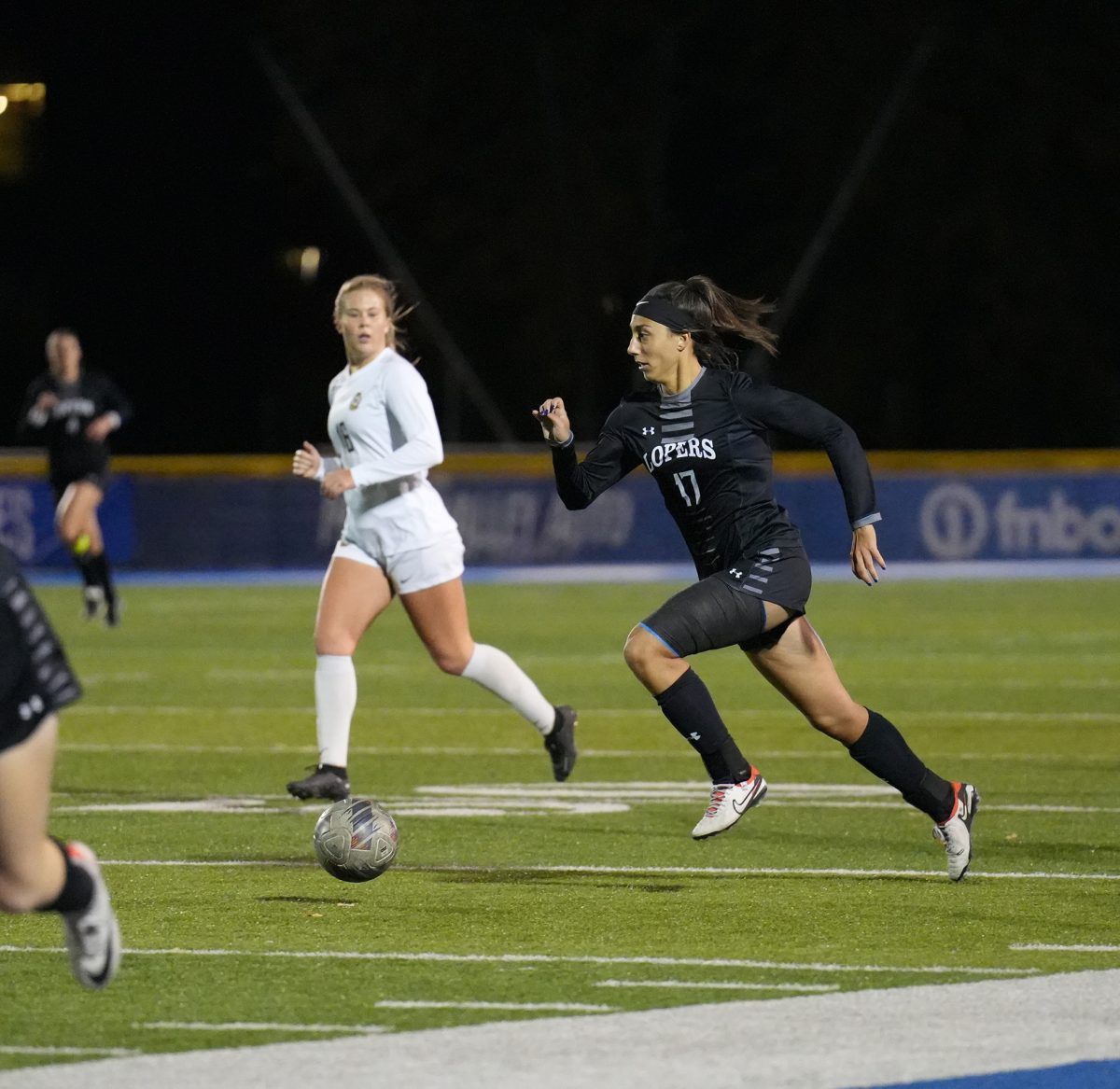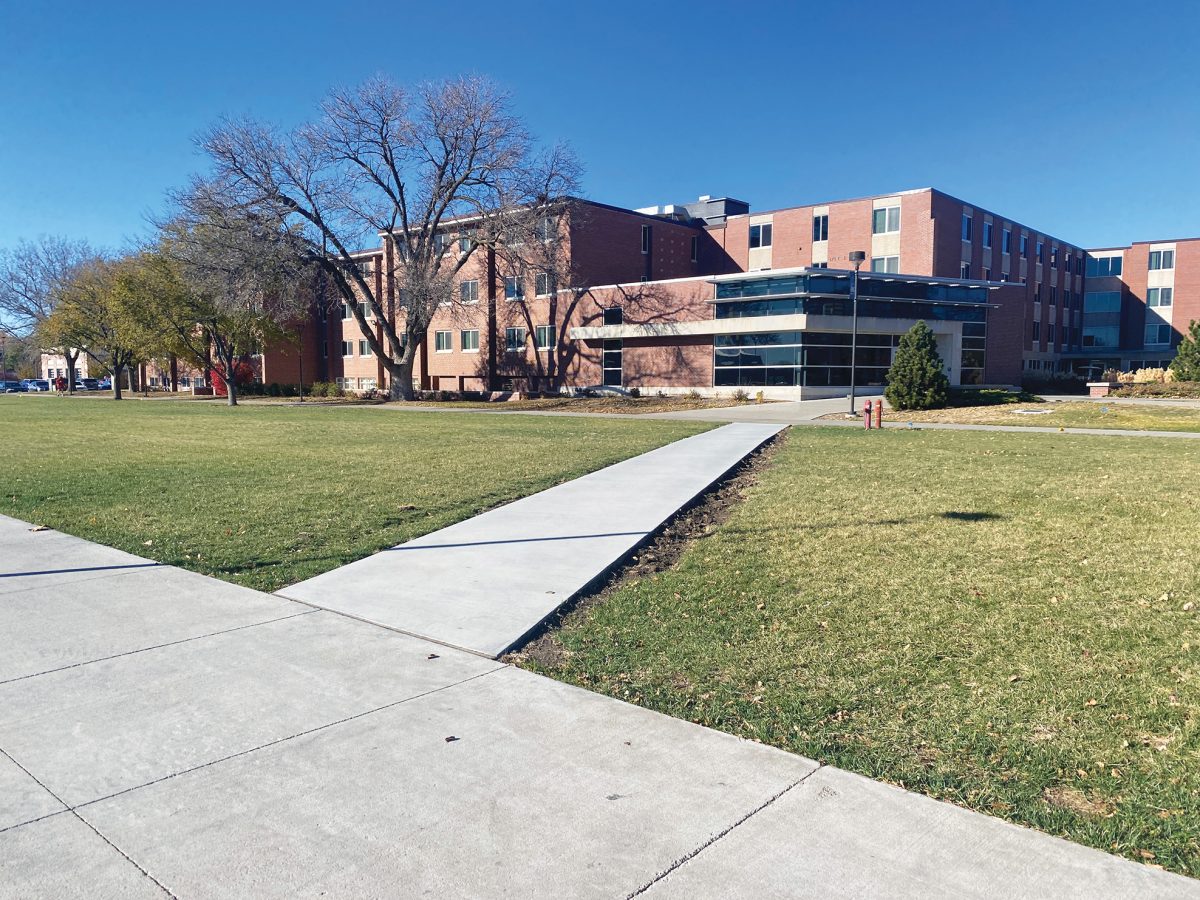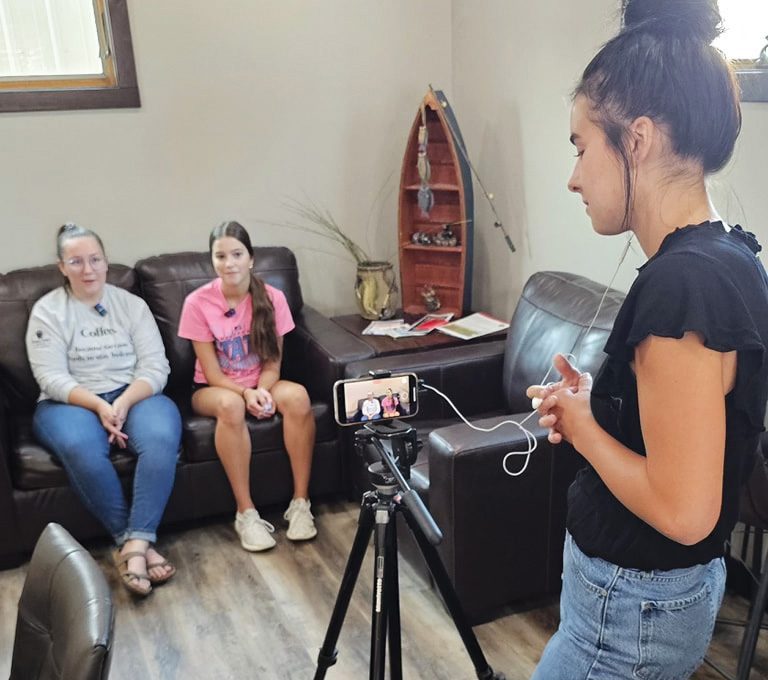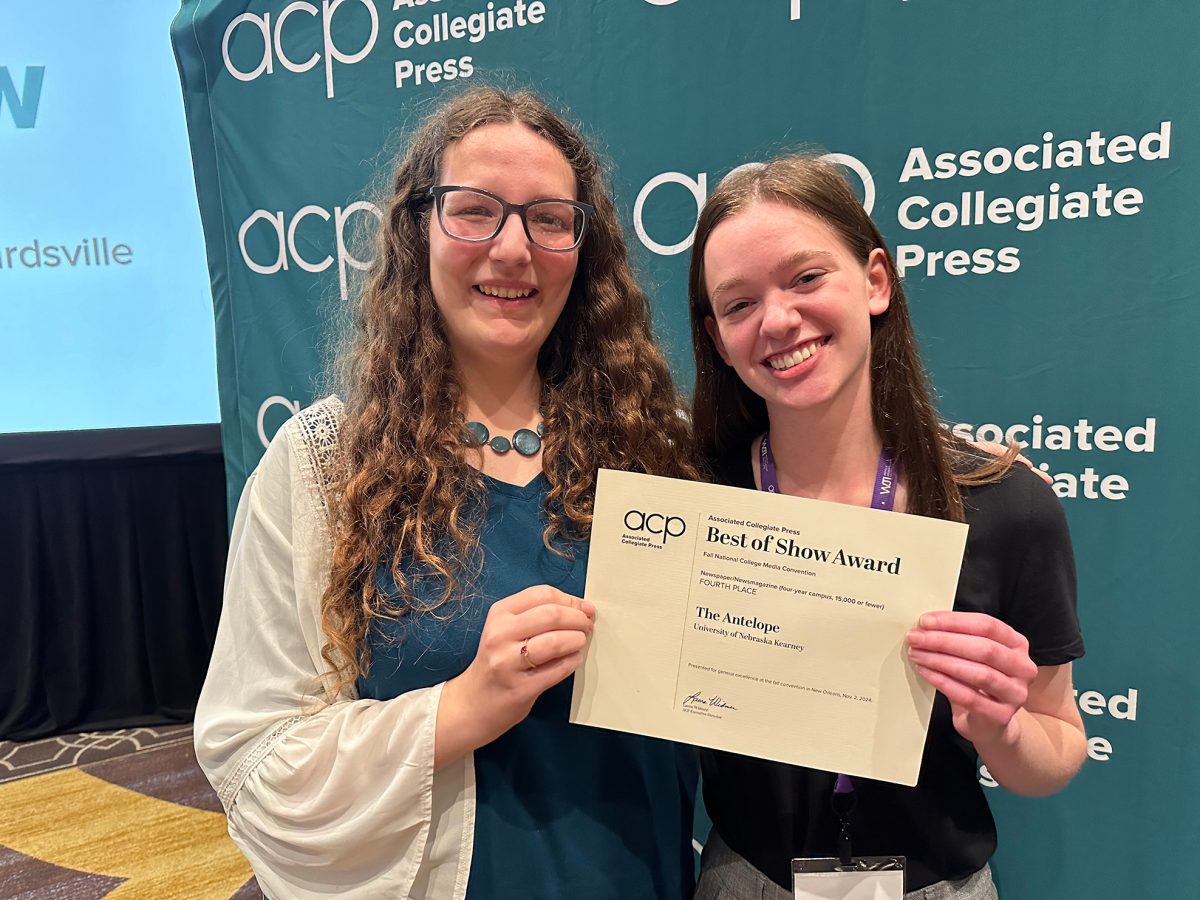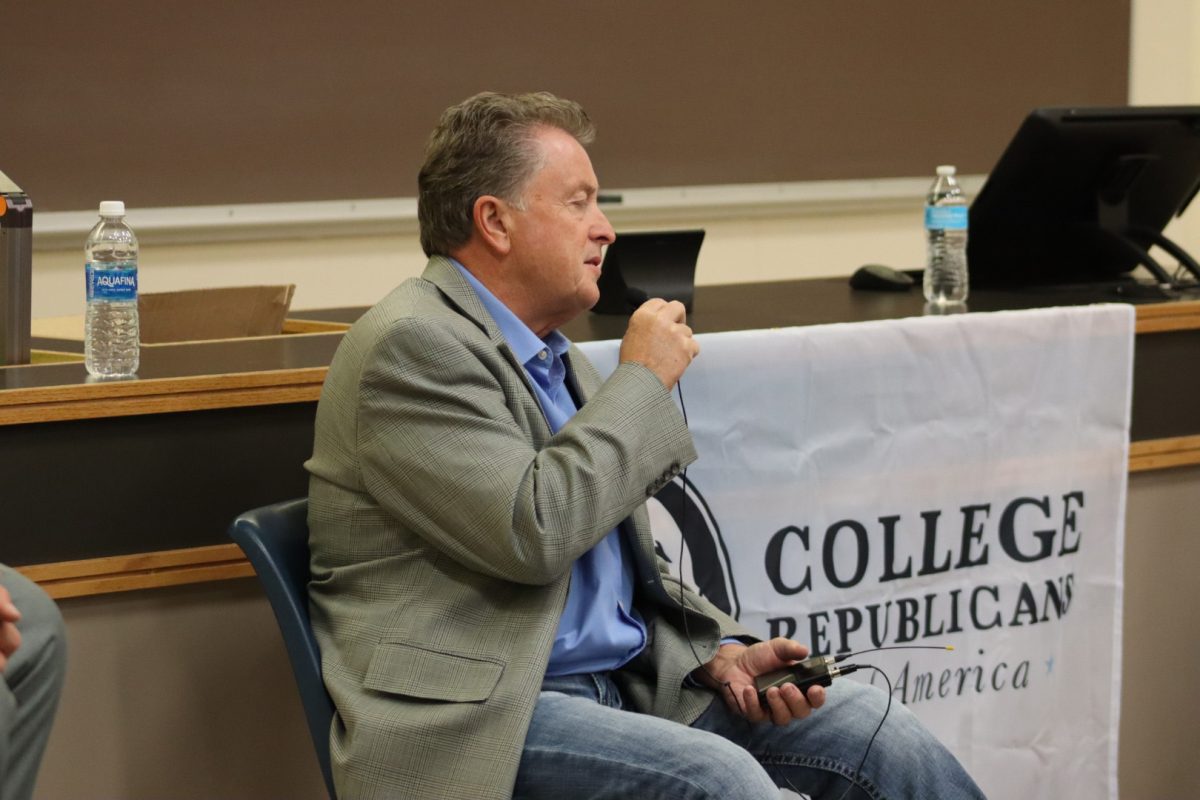berglunds@lopers.unk.edu
UNK full-time faculty and staff are negotiating a salary raise with the Board of Regents to compete with inflation rates. They renegotiate salaries every two years.
According to Will Aviles, the president of UNK Education Association, while the cost of living has gone up, salary raises have gone down.
“All faculty and staff who are not top administrators deserve raises,” said Aviles, who is also a biology professor. “If we got a raise that was closer to inflation, it would be substantially higher than what we’ve had in the past. Our aim is to come to a number that is closer to inflation so that way our members and the people representing the bargaining unit are not taking a salary cut. Because even a 2% raise or 3% raise, when inflation is at 7% or 8%, isn’t an effective cut because we are not keeping up with the cost of living.”
Raises increased by 1.75% in 2018-19, and then dropped to 1.3% in 2019-21. The most recent and lowest raise was .65% in 2021.
The average two-year increase for the UNK chancellor is 5.32%, where faculty is 1.13%. Within the past five years, the chancellor got an average of 1-4% higher raise than faculty.
Inflation is currently at a record high of 7%.
“We’re gonna try our best to find other ways to influence the Board of Regents, and in the hopes that we can make some progress with our raises,” Aviles said. “But at this stage we are still working on doing research and analyzing data to come to a number we feel is fair and reasonable.”
The UNK Education Association has not decided on what percentage to bring to the negotiating table in early November.
The money used for these raises comes from the state, tuition and fees paid by students.
“We don’t think that our request would directly mean some type of loss for students,” Aviles said. “It’s the benefit of students that we retain good faculty and have faculty that actually enjoy working and living here, and that benefit would outweigh any potential costs.”
Once the association settles on a percentage in December, the Board of Regents will vote for approval before the end of spring 2023.
The faculty is reaching out to ask for students’ support during this process.
“I’m just trying to inform students about what we are doing and ask students for their support,” Aviles said. “We don’t know if we’ll have any impact, but we think that it might have some influence if the administration recognizes that it’s not just simply faculty, but the students recognize as well, that these kinds of raises are unsustainable, and there needs to be more given for faculty.”






